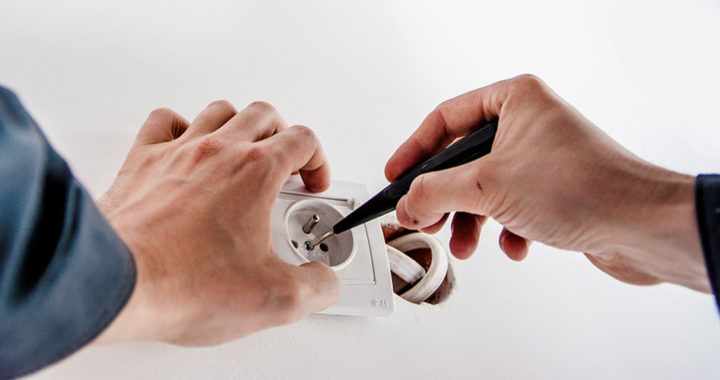You have probably encountered these several times: A quick burst of sparks shooting off from your power socket or electrical outlet whenever you plug or pull the power cord of an appliance. In some cases, electrical outlet sparks transpire even without plugging in our pulling out an appliance.
Sparks from outlets are normal at times, especially because electric current moves fast. However, sparks can also be an indicator of an underlying problem in your outlet or the entire circuits in your home
5 reasons why an electrical outlet sparks
The aforementioned issue brings forth another question: What should you do when an electrical outlet sparks? Nonetheless, apart from listing down the reasons why your electrical outlet sparks, this article also provides common solutions and other best practices.
1. Short circuits and overheating
Too much heat can build up in an outlet and around a receptacle. This causes the insulation covering the conductive wires to melt. Exposed wires allow electrons to jump off and subsequently, result in a quick burst of sparks.
Remember that sparks from overheated electrical outlet and receptacle can cause fires. It is always better to have your home checked by a certified electrician once you notice these sparks from your outlet.
2. Exposure to water or moisture
Water is also a probable reason for electrical outlet sparks. An outlet exposed to water will not only trigger a spark but also short it out. This can lead further to a host of other potentially dangerous issues such as electric shock and fire.
Possible reasons for water exposure include leakages from plumbing and faulty home circuitry design, power sockets unattended from rain or other liquid source, high levels of humidity or moisture in the air, or wet power cords, among others.
The best workaround to the dangers that come from unintended exposure to water is to install a ground fault circuit interrupter or a GFCI or a residual current device or RCD. A GFCI or RCD cuts the power supply to an outlet once it detects a current is flowing along an unintended path such as through water.
3. Old age and obsolescence
Electrical outlets and other components in your home circuits gradually wear out over time. In old outlets to be specific, their connections become loose, thereby increasing the chance of shorting the circuit.
Oil appliances with worn out power cords or internal circuitry can also produce quick burst of sparks when plugged to a socket. Note that aged and damaged circuits are also fire and safety hazards.
The obvious solution to prevent or reduce electrical outlet sparks due to old home circuitry or damaged appliance is to have them checked and replaced or repaired by a certified electrician.
4. Poor repair jobs
Another probable reason why your electrical outlet sparks is bad or negligent previous repair jobs that have done more damage. Risks from poor repair jobs are too high and they include damage to appliances, electric shock hazards, and fire.
Remember not to repair your home electric circuitry or any of its components by yourself, particularly if you are not trained or certified to do so. Always hire a professional or certified electrician.
